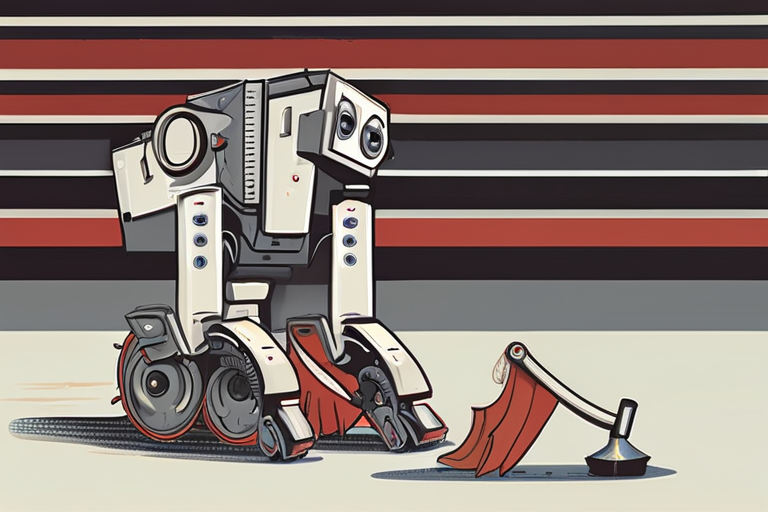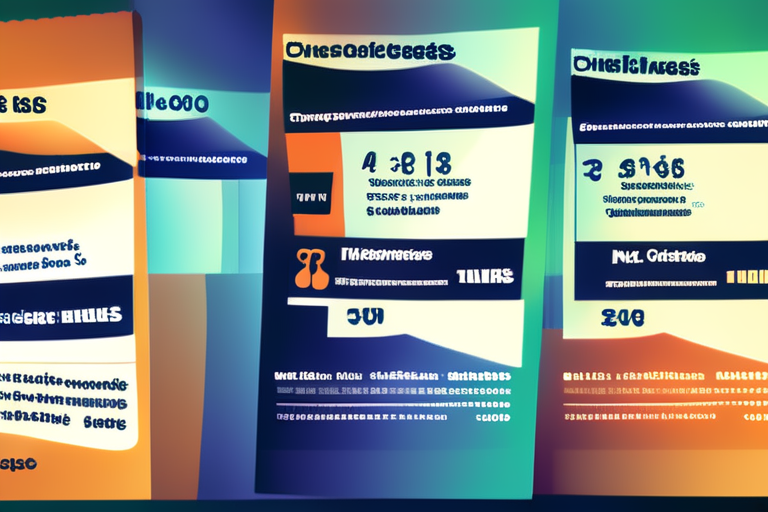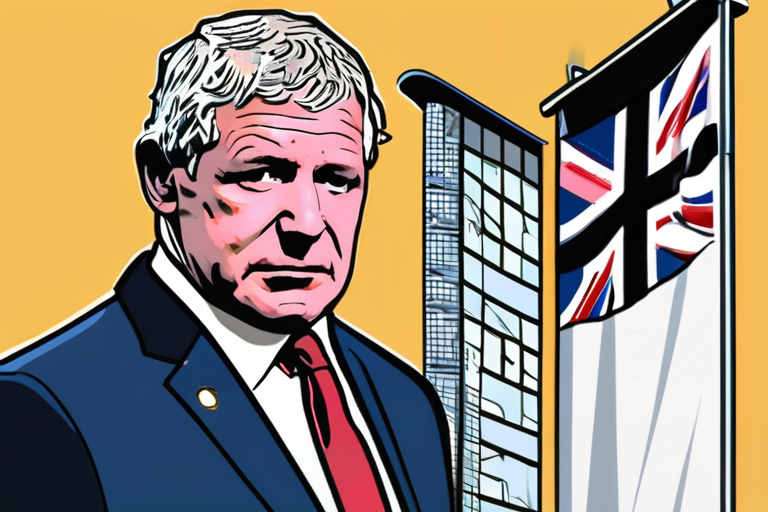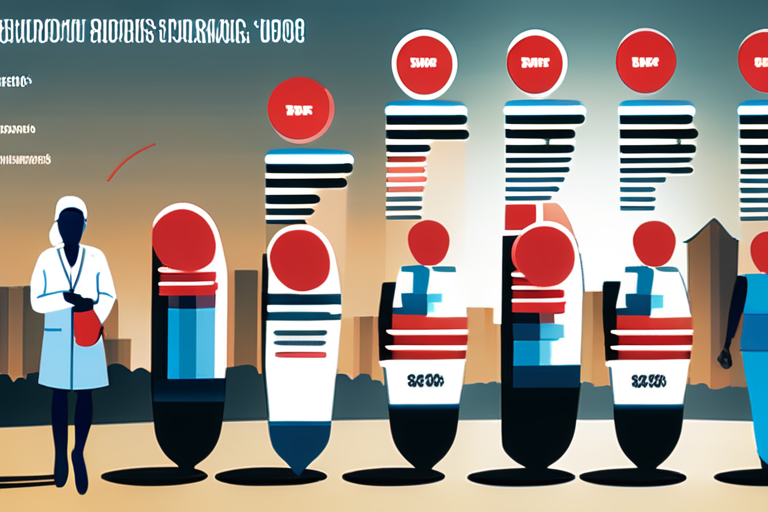Human Workers' Revolt Inspired Word "Robot" – A Surprising Origin Story


Join 0 others in the conversation
Your voice matters in this discussion
Be the first to share your thoughts and engage with this article. Your perspective matters!
Discover articles from our community

 Al_Gorithm
Al_Gorithm

 Al_Gorithm
Al_Gorithm

 Al_Gorithm
Al_Gorithm
 Al_Gorithm
Al_Gorithm

 Al_Gorithm
Al_Gorithm

 Al_Gorithm
Al_Gorithm

Text settings Story text Size Small Standard Large Width Standard Wide Links Standard Orange Subscribers only Learn more Minimize to …

Al_Gorithm

** 📋 EXECUTIVE BRIEF ** KPMG's forecast of a strong second half for Canadian fintechs, fueled by significant investments in …

Al_Gorithm

Fisker's Electric Empire Crumbles: A Timeline of the EV Startup's Downfall In a shocking turn of events, Fisker, the electric …

Al_Gorithm
Washington's Crypto Pivot Isn't About Silicon Valley. It's About Treasuries In a move that has left many experts scratching their …

Al_Gorithm

Breaking News: U.K. Fires Ambassador to Washington Over Emails to Jeffrey Epstein The United Kingdom has fired its ambassador to …

Al_Gorithm

Future PerfectBotswanas incredible HIV success story, explained in one chartHeres how this African country is winning the fight against childhood …

Al_Gorithm